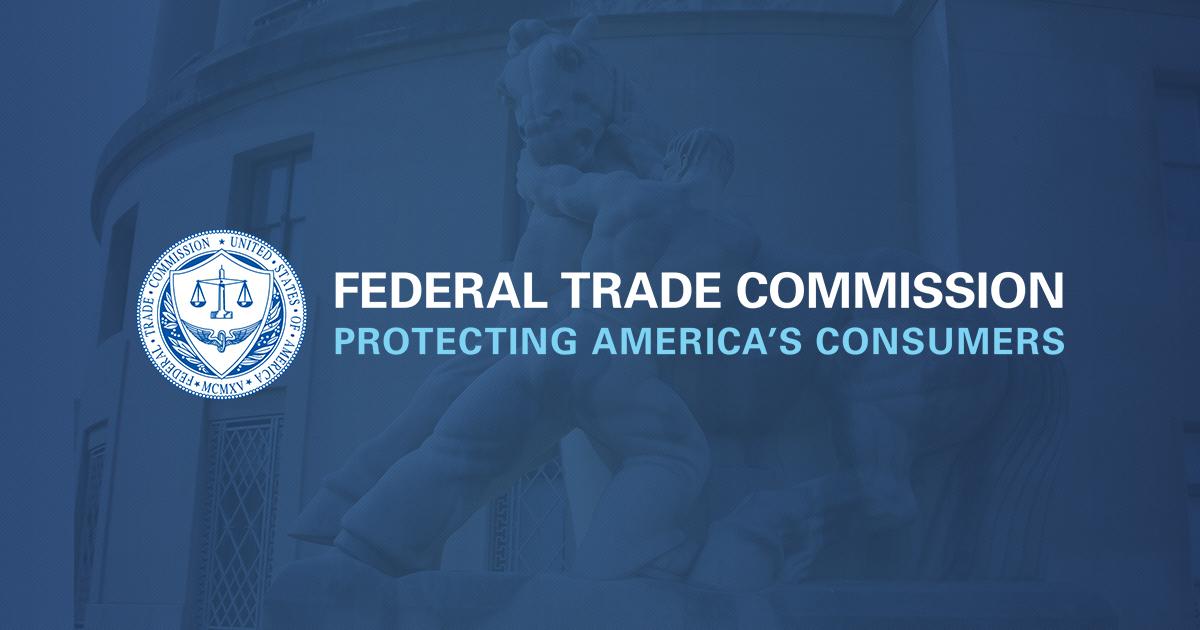A California-based physician and the two companies he controls have settled charges of deceptively advertising that “amniotic stem cell therapy” can treat serious diseases, including Parkinson’s disease, autism, macular degeneration, cerebral palsy, multiple sclerosis, and heart attacks.
The settlement prohibits the defendants from making these and other health claims in the future unless the claims are true and supported by competent and reliable scientific evidence. The settlement also imposes a partially suspended $3.31 million judgment and requires the defendants to notify current and former patients about the order within 30 days.
“Clinics must have solid evidence to back up their claims before advertising that stem cell therapy can treat serious medical issues, particularly those affecting children and older adults,” said Andrew Smith, Director of the FTC’s Bureau of Consumer Protection.
What the FTC Did to Protect Consumers
According to the Commission’s complaint, Dr. Bryn Jarald Henderson, D.O. and the two companies he owns and operates, Regenerative Medical Group and Telehealth Medical Group, earned at least $3.31 million offering stem cell therapy between 2014 and 2017. Initial stem cell therapy injections ranged from $9,500 to $15,000, with patients encouraged to undergo multiple treatments. Follow-up “booster” treatments cost between $5,000 and $8,000 each.
The complaint alleges that Dr. Henderson acted as the main spokesman and marketer of both companies, touting – without evidence – that stem cell therapy could treat a wide range of serious diseases including Parkinson’s disease, multiple sclerosis, cerebral palsy, macular degeneration, osteoarthritis, strokes, and chronic kidney disease.
Advertising on the website stemcell.life, the defendants even claimed that the therapy could restore the vision of blind patients, citing the case of a “101 year old Lady once blind for 7 years” who, thanks to stem cell therapy, could see again. The website’s homepage boasted that the therapy could “reverse autism symptoms.”
What the Settlement Means
The proposed order settling the FTC’s charges prohibits the defendants from misrepresenting that any product or service: 1) cures, mitigates, or treats any disease or health condition, including Parkinson’s disease, autism, multiple sclerosis, cerebral palsy, traumatic brain injury, heart disease, macular degeneration, chronic kidney disease, osteoarthritis, and stroke; or 2) is comparable, or better than, conventional medical treatments in treating any health condition, unless such claims are true and can be supported by competent and reliable scientific evidence.
The order also imposes a $3.31 million judgment against the defendants that will be partially suspended after they pay $525,000 to the Commission, which may be used to provide refunds to consumers harmed by the defendants’ allegedly deceptive conduct. The order also requires the defendants to notify all current and former patients of the settlement within 30 days.
The Commission vote authorizing the staff to file the complaint and stipulated final order was 4-0-1, with Commissioner Christine Wilson not participating. The FTC filed the complaint and proposed order in the U.S. District Court for the Central District of California.
NOTE: The Commission files a complaint when it has “reason to believe” that the law has been or is being violated and it appears to the Commission that a proceeding is in the public interest. Stipulated final injunctions/orders have the force of law when approved and signed by the District Court judge.
The Federal Trade Commission works to promote competition, and protect and educate consumers. You can learn more about consumer topics and file a consumer complaint online or by calling 1-877-FTC-HELP (382-4357). Like the FTC on Facebook, follow us on Twitter, read our blogs, and subscribe to press releases for the latest FTC news and resources.

